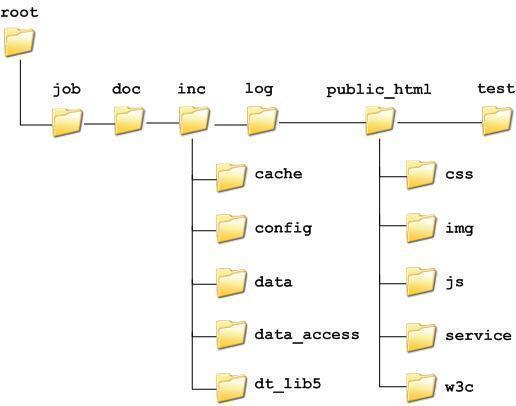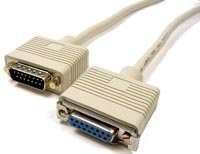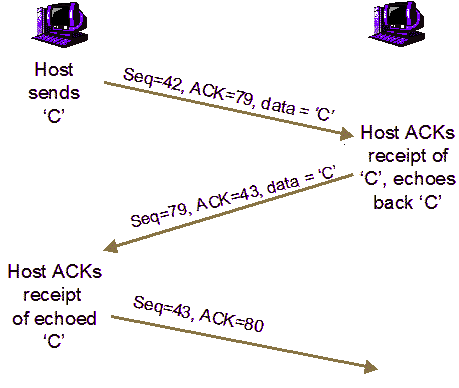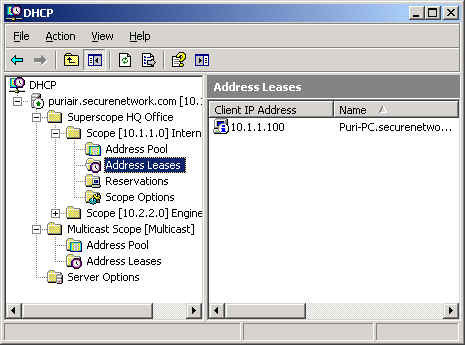The DNS root servers are thirteen DNS server clusters which are responsible for delegating DNS requests to the top level domain (TLD) nameservers.
The DNS Root Servers

A.ROOT-SERVERS.NET.
Operator: VeriSign Naming and Directory Services
IP Address: 198.41.0.4
B.ROOT-SERVERS.NET.
Operator: Information Sciences Institute
IP Address: 192.228.79.201
C.ROOT-SERVERS.NET.
Operator: Cogent Communications
IP Address: 192.33.4.12
D.ROOT-SERVERS.NET.
Operator: University of Maryland
IP Address: 128.8.10.90
E.ROOT-SERVERS.NET.
Operator: NASA Ames Research Center
IP Address: 192.203.230.10
F.ROOT-SERVERS.NET.
Operator: Internet Systems Consortium, Inc.
IP Address: 192.5.5.241
G.ROOT-SERVERS.NET.
Operator: U.S. DOD Network Information Center
IP Address: 192.112.36.4
H.ROOT-SERVERS.NET.
Operator: Autonomica/NORDUnet
IP Address: 128.63.2.53
I.ROOT-SERVERS.NET.
Operator: Autonomica/NORDUnet
IP Address: 192.36.148.17
J.ROOT-SERVERS.NET.
Operator: VeriSign Naming and Directory Services
IP Address: 192.58.128.30
K.ROOT-SERVERS.NET.
Operator: Reseaux IP Europeens – Network Coordination Centre
IP Address: 193.0.14.129
L.ROOT-SERVERS.NET.
Operator: Internet Corporation for Assigned Names and Numbers
IP Address: 198.32.64.12
M.ROOT-SERVERS.NET.
Operator: WIDE Project
IP Address: 202.12.27.33
The DNS root servers have not been changed between 29 January, 2004 and today — 22 November, 2006.
To view the canonical list of current DNS root servers, view the named.root file at Internic.
Related Articles on DNS
- What is DNS?
- How do I flush DNS?
- How do I find my DNS servers?
- What are public DNS servers?
- How do I perform a DNS lookup?
- What is reverse DNS?
- What is a dynamic DNS?
- What are DNS root servers?
- Understanding DNS




Stephen Sanders
May 2, 2012
DNS For The Perpetually Perplexed;
In anticipation of WebAnswer.org:
Hi,
Perhaps you could add my name to the perpetually perplexed regarding DNS issues in general. While I have learned much while struggling to simply have “easily resolvable” websites that are not prone to all sorts of malicious attacks, there are still so many issues that still need clarification.
I finally began to believe that perhaps “owning or leasing” one’s own “static” IP’s is no longer the answer for the issue of creating name servers for my own use and the use of future clients that I would like to host.
Additionally the abundance of information about setting up DNS for ones home or business computer and then adding the involvement of the ISP, all using the same “terminology” of “Free Public DNS Name Servers” instead of explaining these IP’s to be “resolvers” just adds more confusion to an already complex issue.
Finally, it seems that having such a huge presence of sophisticated and talented individuals who would like to obtain access to all sorts of online servers and websites, benefits the computer companies themselves who continuously develop their products in answer to our either real or perceived worries regarding the security of our virtual properties.
Are the experts in this matter truly helping us unravel this matter, or are they merely asserting their greater understanding than ours so that we continuously come to them for help?
Sincerely,
Stephen Sanders
Ian Mason
Greetings:
I am attempting to find an Internet source which would allow me to download a list of all the current root dns.
I know that “.ca”, “.net”,”.com” are on the list.
I do not need the I.P.s, only the string, human readable list.
Thank you for taking your valuable time to assist me.
Ian Mason
abc258Mason@netscape.net
Kevin
Hi Ian,
Internic.net publishes the contents of their root DNS zone file here: ftp://ftp.internic.net/domain/root.zone.gz
You will need to properly interpret the file. Essentially, every line is a DNS record. The lines containing NS records indicate intended name servers. Those name servers will typically have A records to indicate their IP addresses. Here is an example:
za. 172800 IN NS disa.tenet.ac.za.
disa.tenet.ac.za. 172800 IN A 196.21.79.50
. 518400 IN NS a.root-servers.net.
a.root-servers.net. 518400 IN A 198.41.0.4
This shows that one name server of the za domain (South Africa) is disa.tenet.ac.za. The actual IP of disa.tenet.ac.za is given as 196.21.79.50.
The root servers are those that can resolve the root name, which is just a period. An example for Internic servers is a.root-servers.net with the IP 198.41.0.4 but any number of servers could be specified to resolve the root name. Much of our internet security relies upon the fact that only trusted servers are listed to resolve the root name.
Hope that helps.
Kevin A. Naudé